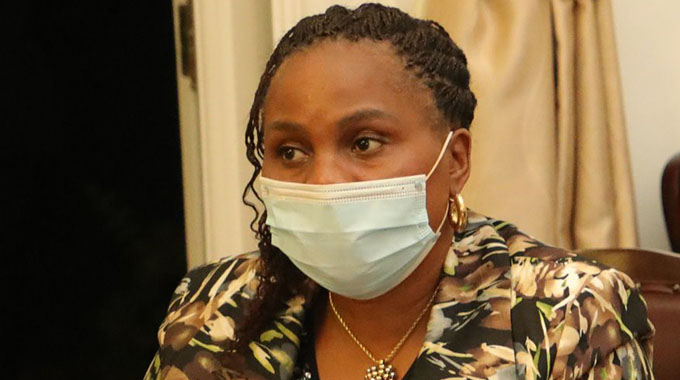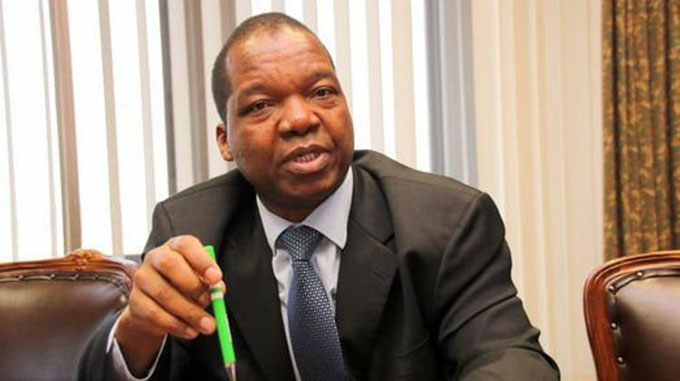‘Retailers complying with basic goods price freeze’

Herald Reporter
Retailers have started reducing prices of commodities to those obtaining on March 25 before the Covid-19 lockdown started, following a moratorium announced by the Government on Wednesday.
The moratorium seeks to cushion consumers against high prices of goods, most of which went up during the lockdown.
Addressing journalists during a national lockdown extension update last night, Information, Publicity and Broadcasting Services Minister Monica Mutsvangwa commended the retail sector for joining hands with the Government during the Covid-19 crisis by complying with the moratorium.
“Following the price moratorium announced by Honourable Vice President Kembo Mohadi on April 22, 2020, I am pleased to inform that prices have already started going down in shops around the country,” said Minister Mutsvangwa.
“Let me take this opportunity to thank the retail sector for joining hands with Government at this time.”
Minister Mutsvangwa expressed concern over reports of unofficial exemption documents being generated by some companies during the lockdown.
“Government notes that there are companies that are generating travel exemption documents that are unofficial for use by their employees,” she said. “Companies are urged not to abuse the exemption provision.”
Regarding the opening of the tobacco auction floors, Minister Mutsvangwa said the Tobacco Industry and Marketing Board (TIMB), in consultation with the Covid-19 Inter-Ministerial Taskforce, was coming up with a plan to decentralise tobacco auction floors to avoid concentration of people at the auction floors.
She urged employers whose workers had been working since the beginning of the lockdown to liaise with provincial health officers for them to be tested against Covid-19.
Her remarks came as Government increased the number of laboratories conducting confirmatory tests, also known as polymerase chain reaction (PCR) tests, to five in the country.
The additional centres are African Institute of Biomedical Science and Technology (AiBST), Biomedical Research and Training Institute (BRTI) and the National Virology Reference Laboratory housed at Parirenyatwa Group of Hospitals.
These three will complement work already being done at the National Microbiology Reference Laboratory at Sally Mugabe Hospital (formerly Harare Central Hospital) and the National Tuberculosis Reference Laboratory at Mpilo Central Hospital.
Speaking at the same occasion, Health and Child Care Minister Dr Obadiah Moyo said the process sought to ensure that Government met its target of testing 1 000 people per day.
He said while current centres were in Harare and Bulawayo, the plan was to decentralise laboratory tests to all provinces and selected districts.
Dr Moyo commended health workers, including laboratory scientists behind all tests being done in Zimbabwe, and assured them of adequate protective clothing as they discharged their duties.
“Besides the teams that are going out to collect the specimens, I also want to pay a special tribute to laboratory scientists, the ones who produce all the results, which enable us to come up with a solid statistic,” he said.
“That solid statistic should come from a credible laboratory and the laboratory scientists have been doing a fantastic job in producing credible results.”










Comments